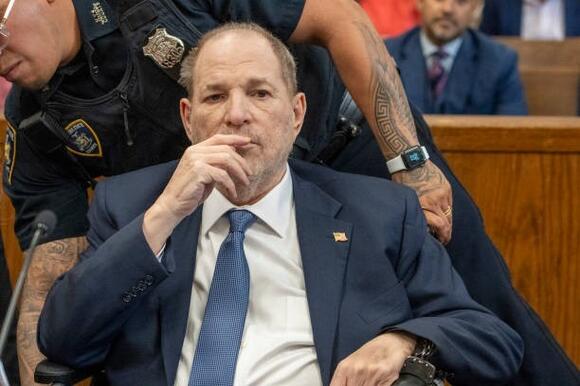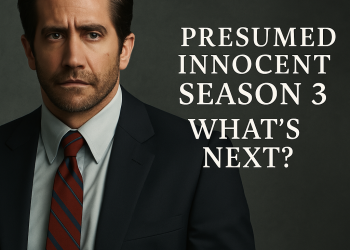In a surprising turn of events, disgraced film producer Harvey Weinstein has publicly supported actor and director Justin Baldoni in his legal battle against The New York Times, accusing the publication of manipulating narratives to fit their agenda. Weinstein, whose 2020 rape conviction in New York was overturned in 2024, claims the Times employed similar tactics against him during the height of the #MeToo movement in 2017. The comments, first shared by X user Melanie King (@realmelanieking) on April 9, 2025, have reignited debates about media accountability and the justice system.
While Harvey is a disturbingly immoral man, the evidence shows he was railroaded. Hence his cases being overturned. The vast majority of women who made claims against him during Me Too were tossed out of court because they claimed he had balls when he didn’t.
They were removed…
— Melanie King (@realmelanieking) April 9, 2025
Weinstein, currently awaiting retrial at Rikers Island after his New York conviction was overturned, told TMZ, “Watching Justin Baldoni take legal action against The New York Times and its reporters — accusing them of manipulating communications and ignoring evidence that countered Ms. Lively’s claims — hit me hard.” He alleges the Times “cherry-picked” details to smear him, much like they allegedly did in their reporting on Baldoni. Baldoni, the director of It Ends With Us, filed a $250 million libel lawsuit against the Times in January 2025, claiming the outlet relied heavily on unverified allegations of harassment made by his co-star Blake Lively, while ignoring contradictory evidence.
In his statement to TMZ, Weinstein unloads on the NYT, telling us, “Watching Justin Baldoni take legal action against The New York Times and its reporters — accusing them of manipulating communications and ignoring evidence that countered Ms. Lively’s claims — hit me hard.”
“It…
— Melanie King (@realmelanieking) April 9, 2025
Melanie King’s thread on X delves deeper into Weinstein’s overturned conviction, highlighting what she calls “flimsy testimony” in the two cases that led to his initial guilty verdict—one dating back 23 years and another 16 years. She notes that many claims against Weinstein were dismissed due to inconsistencies, including a surprising detail: several accusers described Weinstein’s anatomy inaccurately, unaware that his testicles had been surgically relocated to his thighs in the 1990s following an infection. King argues that the #MeToo hysteria, fueled by Times reporter Megan Twohey, led to Weinstein’s conviction despite a lack of solid evidence.
Weinstein’s statement also reflects on his regret for not fighting back against the media narrative in 2017. “I should have had the courage to speak out against the way the truth was twisted,” he said, adding that he’ll be closely watching Baldoni’s case. The New York Times, however, stands by its reporting, with a spokesperson stating their investigation into Weinstein was “rigorously reported” and based on verified documents and interviews. As both Weinstein and Baldoni challenge the media giant, their cases raise critical questions about justice, media ethics, and the legacy of #MeToo.
















